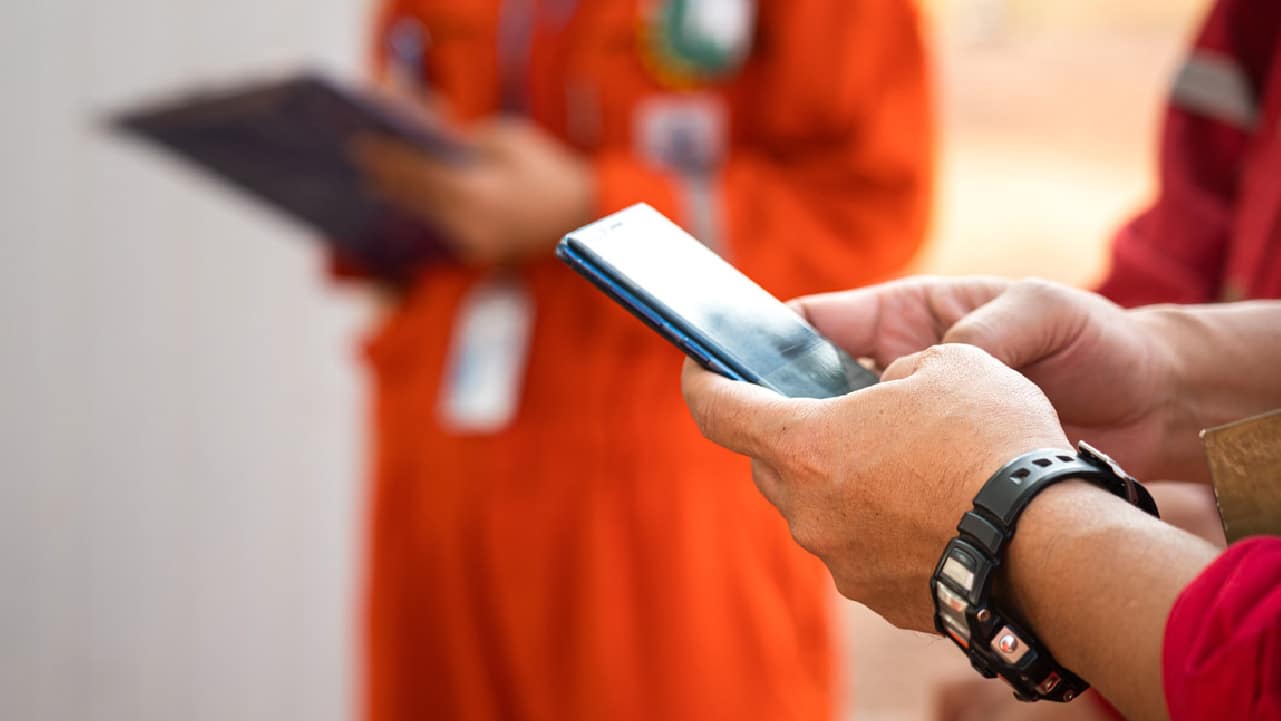In our fast-moving world, news and rumors travel fast, especially on social media. That’s why it’s crucial for us in the maritime industry to manage media interactions wisely and have a solid social media policy in place.
When incidents occur, the media can pick up on the details as quickly as the Company does. This means we need to be ready to react properly to safeguard our reputation.
Reporters might reach out to anyone on board or ashore for more information. So, who is allowed to speak to the media in these cases?
And let’s not forget about the reach and impact of social media. It’s important for all crew members to use social media wisely and stick to our company’s guidelines.
In this course, you will find information about how to handle both traditional and social media successfully to protect the well-being of both the company and everyone onboard.
Highlights:
This course aims to equip learners with the necessary knowledge for managing media inquiries, especially during a crisis, handling substantial difficulties faced when striving to communicate efficiently with both the public and the media, addressing concerns related to reputation, legal matters, and stakeholder demands, and recognizing the practical issues of developing a Media Communications Plan.
By the end of this course you will be able to:
- Understand the importance of effective media and social media handling, as well as the roles individuals fulfill in this process.
- Comprehend the dos and don’ts of social media usage.
Legislation & References: Based on the requirements of the following:
- ILO Session XI: “Dealing with the News Media in Crisis Response”,
- OECD – “The role of social media in crisis preparedness, response, and recovery”, and
- Industry Best Practices
Duration: 30 minutes.
Who should attend: All crew (management & operational level)
Certificate: ABS






